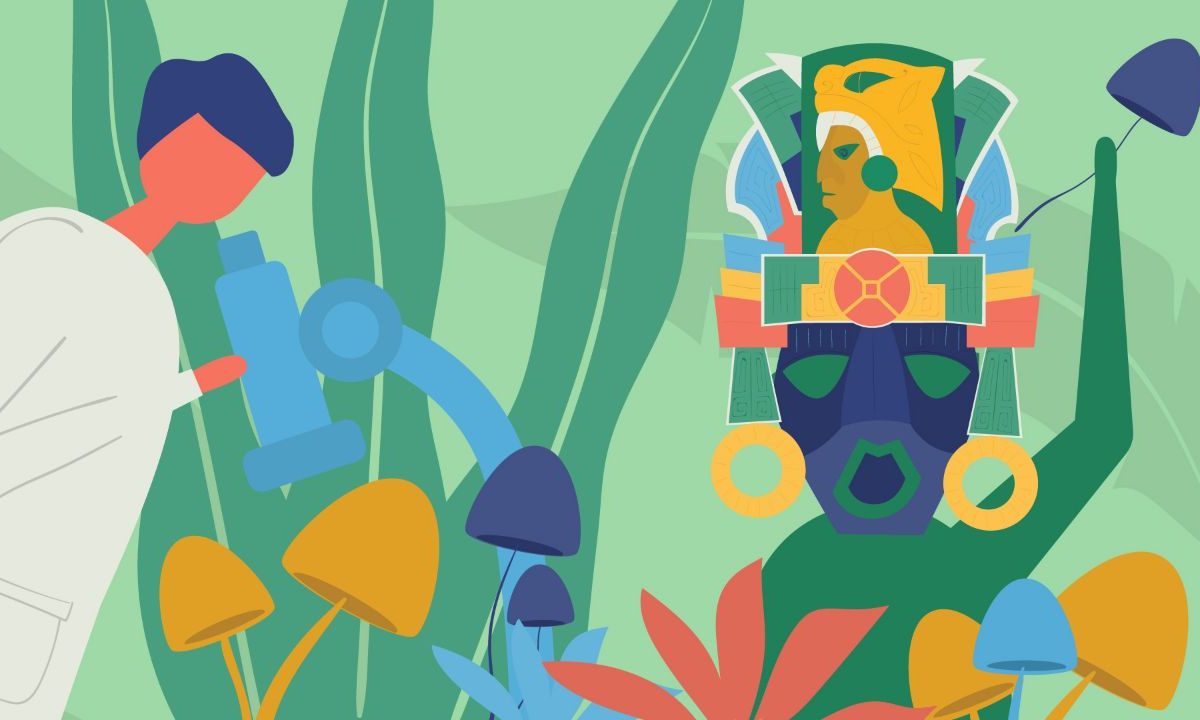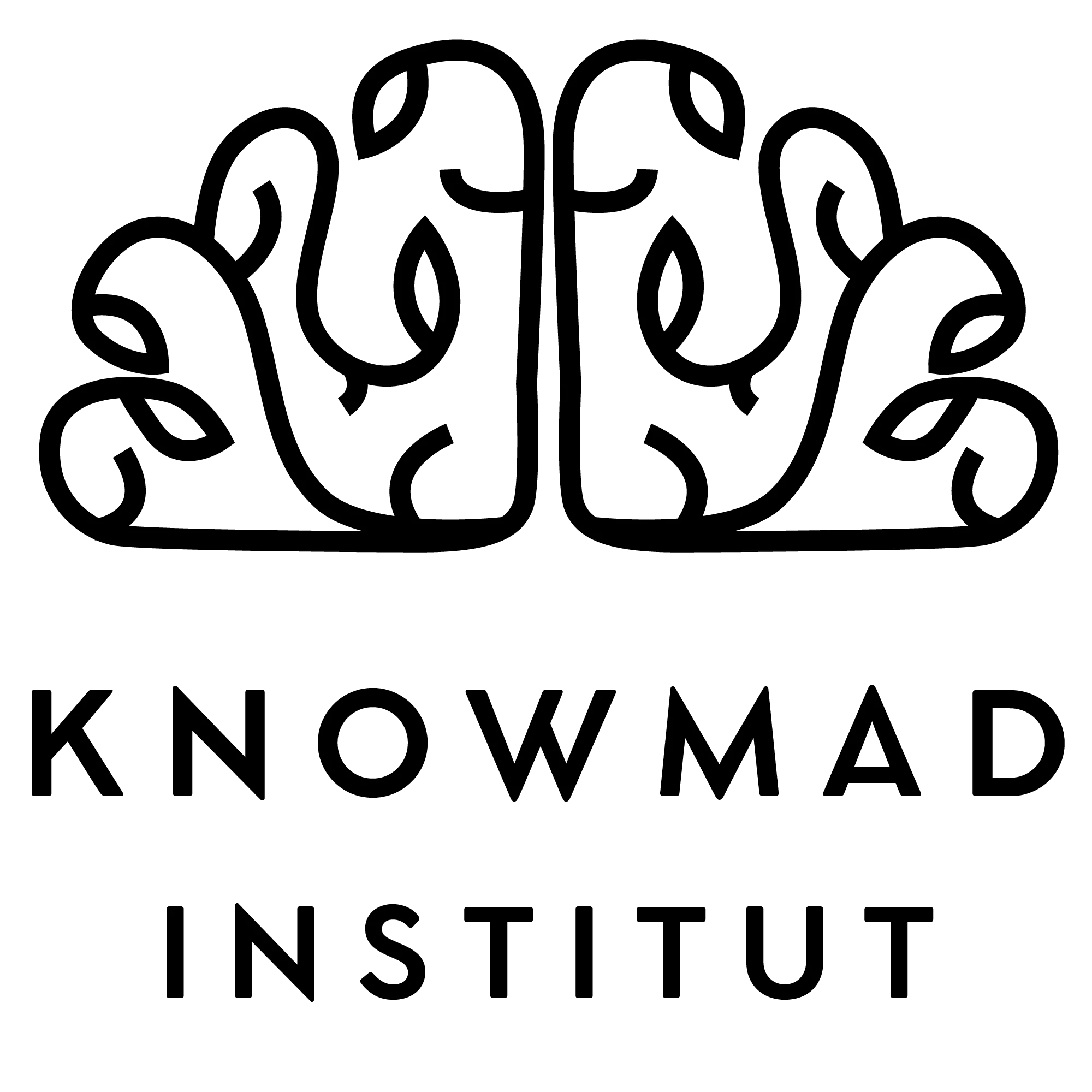Stigma & Discrimination related to Substance Abuse: Deconstructing sophism’s towards Humanitarian Public Policies

Over the past few decades, international research has documented that stigma and discrimination are one of the major barriers to care in the field of drug abuse worldwide. Objective: To show the findings of the international literature about specific populations that experience stigma or discrimination as one of the main barriers to care for substance abuse as well as to account for the development of public policies against stigma in mental health and addictions in consonance with goals 3, 10 and 16 of the Sustainable Development Goals.
Medicinal Plants: From Sanitary Fallacy to Medicine of the Future

This contribution is a brief review of the prohibition of psychoactive substances, mainly of medicinal plants at an international level, finding that the westernization of knowledge presents one of the obstacles when applying ancestral knowledge about herbal medicines.
In addition, it looks at the intersections between the fourth industrial revolution, the use of psychedelics and mental health.
Keywords: Psychedelics, Mental Health, Human Rights
Sacred Plants and Mental Health in Latin America

Sacred plants have a number of phenomena that revolve around their ritual and medicinal use, as
well as being seen as carrying a bond with the sphere of the sacred. México is the country that has
the greatest diversity of sacred plants in the Americas because its indigenous groups have a
magical-religious relationship with them.
In the beginning of the study of sacred plants, psilocybin, mescaline and ergotamine began to be
classified as classical psychedelics, this categorization was of great help to psychiatry and
neuroscience in the 1950s and 1960s.







